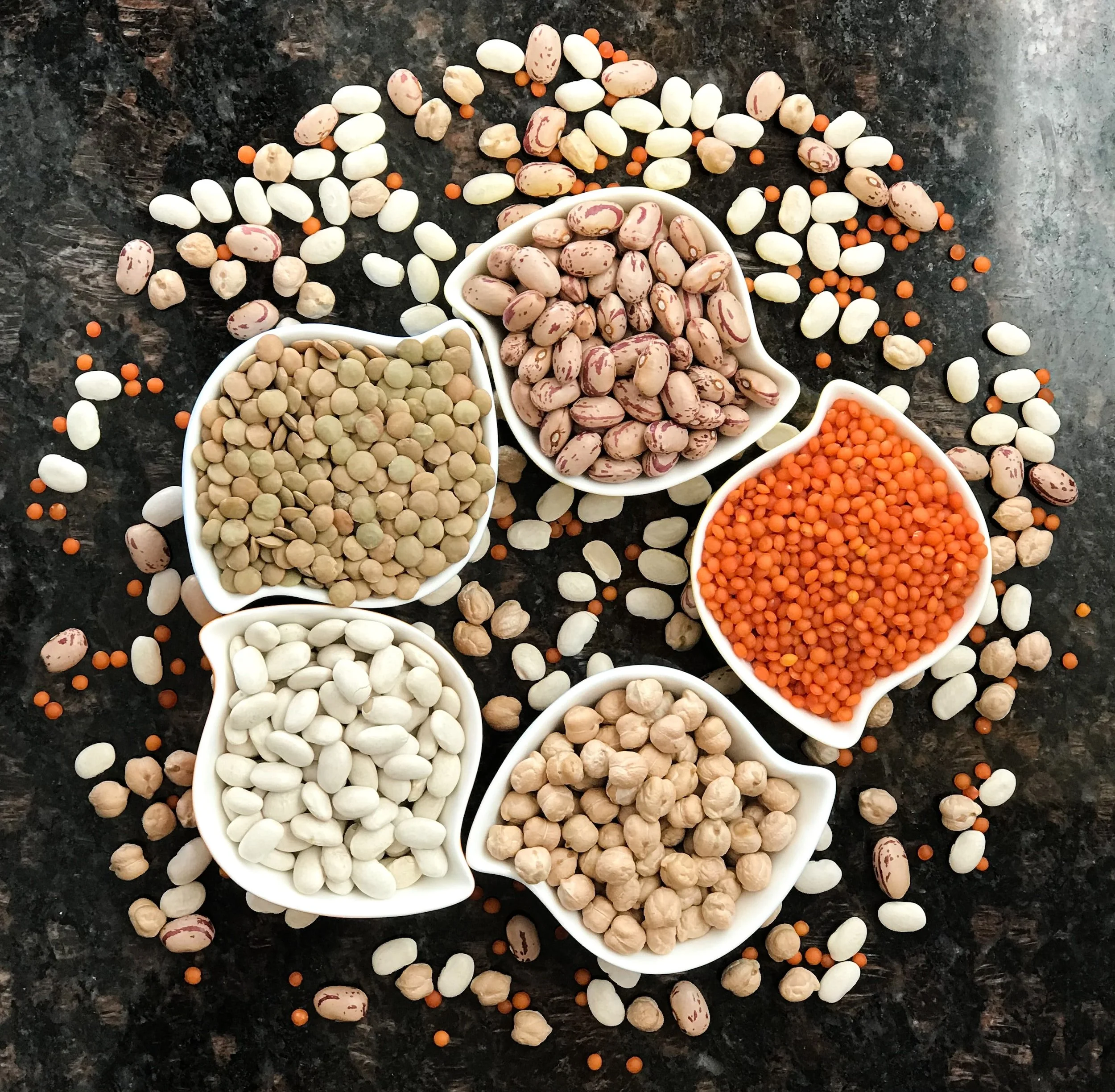Five Foods for A Healthy Heart
Five Foods for A Healthy Heart
Many things contribute to heart disease and heart health.
Rather than what foods to avoid, which often comes to mind, consider what to add to your overall diet to reduce your risk of heart disease.
Always remember that even when adding these foods, the overall lifestyle counts, including regular physical activity, not smoking, limiting or avoiding alcohol, and an overall healthy diet.
Consider adding these foods to your daily (or weekly) routine.
Oats
There are 4 grams of fiber in one cup of cooked oatmeal. And that fiber, called beta-glucan, is a soluble fiber.
More than 30 years after Quaker oats had a significant marketing push on the benefits of oats, people still ask me whether this is true.
Yes, it is. And why wouldn’t Quaker be one of the companies to promote this health benefit of oats?
It doesn’t have to be a specific brand or type (though instant with added sugar isn’t helpful). And this is one of the more budget-friendly foods with a 42 oz container with 30 servings coming in at under $6.00. So that is one month of oatmeal (for one person) at about 20 cents a day.
There are a couple of reasons that oats help with heart health. First, fiber helps with improved blood cholesterol numbers, specifically LDL cholesterol, and helps with weight management.
There are 4 grams of fiber in one cup of cooked oatmeal. And that fiber, called beta-glucan, is a soluble fiber.
One thing I often hear when people want to eat healthier is that they eat oatmeal but are hungry a couple of hours later.
Ensure you have a protein source with it, such as peanut butter or nuts, which will help the oatmeal “stick” with you longer and you are not hungry too soon.
Nuts
Adding nuts to your oatmeal can help your heart even more.
Nuts can have a qualified health claim related to cardiovascular disease risk. There is enough research to suggest that it may reduce the risk of heart disease with a couple of qualifiers.
The statement, “Scientific evidence suggest but does not prove that eating 1.5 ounces per day of most nuts as part of a diet low in saturated fat and cholesterol may reduce the risk of heart disease.”
This statement is true for nuts alone, not ones that are an ingredient. So, for example, the Snickers candy bar cannot have this claim. But a container of mixed nuts can have this claim.
And why does it include “does not prove”? Because even someone who eats 1.5 ounces of nuts per day but also has a poor diet otherwise, smokes, or doesn’t exercise cannot claim that the nuts didn’t save them.
Choose unsalted nuts if you can, and make sure you are choosing 1.5 ounces and not more. In this case, that more can add up quickly.
Fatty Fish
We often suggest that people choose lean protein, but only sometimes. When it comes to fish, I recommend fatty fish. And this doesn’t mean choosing fried fish, but fish high in omega-3 fats.
Which ones are those? As a guideline, the fish found in a can are the ones to choose. This guideline doesn’t mean you must select the canned versions, but that can help you remember which ones are fatty fish.
So, salmon, anchovies, tuna, mackerel, and sardines count.
Most people in the U.S. do not get the recommended servings of fish each week, which is two servings per week (about 8 ounces).
Most people in the U.S. do not get the recommended servings of fish each week, which is two servings per week (about 8 ounces).
Are you concerned about mercury? It probably isn’t an issue considering that the fish that tend to run high in mercury are the ones that tend to run high. But rather than avoiding fish, look at the latest on high-risk fish.
Avocados
One of the “good” fats.
Let go of the adage of going low fat and recognize that some fats are good for us. The “good” fats are in nuts and nut butter, fish fats, and avocados.
The fat, fiber, and other nutrients, like vitamins and minerals, have heart health benefits and can reduce the risk of heart disease (as part of an overall heart-healthy diet).
One of my favorite recipes from my cookbooks is the Avocado Chocolate Pudding (like mousse) which doesn’t have the high saturated fat whipping cream but ripe avocados. So good.
Guacamole is a great dip as well.
Beans and Legumes
If you argued above that peanuts are a legume, here you go. (Peanuts can be both a nut and a legume).
Beans and legumes are a budget friendly protein source.
Beans and legumes are another food with beneficial fiber that helps with heart health, are low in fat (specifically saturated fat), and are a plant-based protein source.
Like oats, fiber helps with heart health by helping to lower cholesterol levels and potentially helping with weight management due to helping you feel full.
If you want to short-cut canned beans, I always encourage you to drain and rinse to get rid of excess sodium. Dried beans also work fine.
Add this to the list of budget-friendly foods – with such wide varieties and options, it is challenging to put a price point on this, but do your homework, and you will find it costs much less than meat.
No need to cut out the meat, but adding beans can help reduce how much you need to use.
Are you ready to address your health and overall eating habits and patterns to help your heart? There are many benefits, not just heart health. Let’s talk about it. Schedule a free introductory call today.





